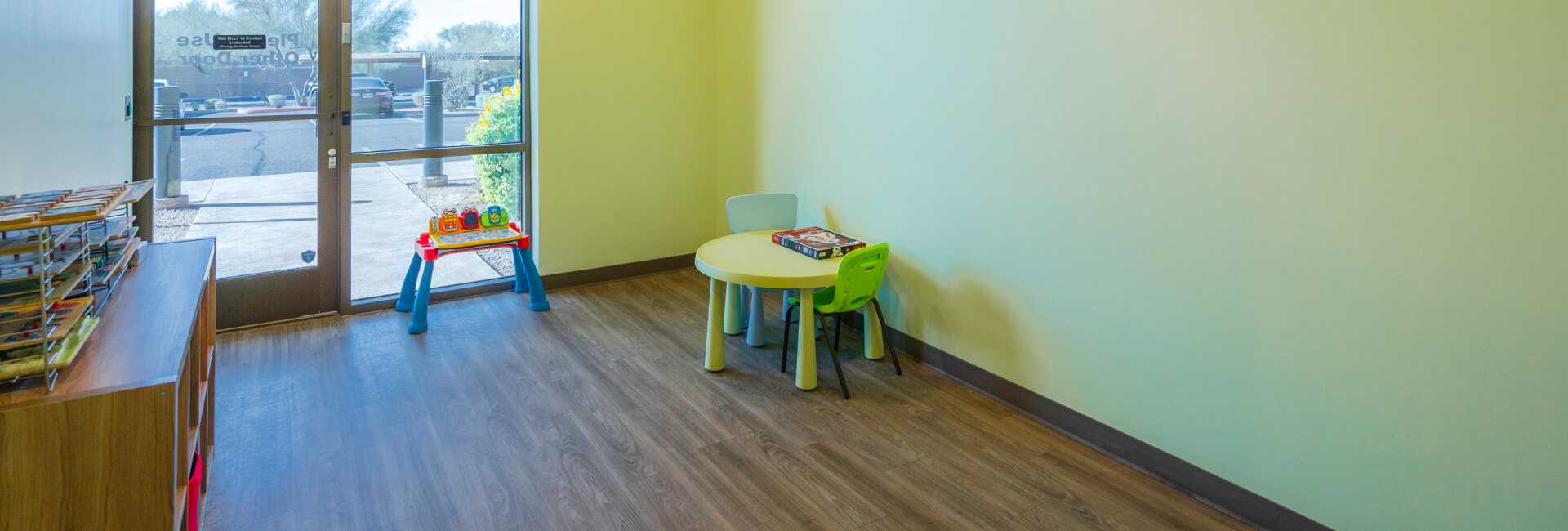What Children Learn About the World Through Inclusive Education
Approximately 93 million children live with disabilities worldwide. But that doesn’t mean they lack dreams and ambitions. Unfortunately, many children with disabilities end up overlooked and have less access to education, which can prevent them from reaching their full potential.
Our team at Scottsdale Children’s Institute believes everyone deserves access to an equal education. In our age-appropriate classrooms, we provide inclusive education opportunities, so everyone can receive the support, high-quality instruction, and intervention they need to achieve long-term success.
Here’s how an inclusive education can help your child learn about the world, whether they have developmental conditions or not.
Acceptance
Schools provide most children with their first relationships outside of their families, setting the foundation for developing social relationships and interactions. Unfortunately, traditional classroom settings focus on separating kids who need specialized attention — a practice that can be divisive and isolating.
In our inclusive education classrooms, we teach students together while still providing the personalized attention each child needs. We accomplish this through:
- Low staff-to-student ratios
- High levels of support
- Customized learning programs tailored to each child
This approach provides a more positive experience for all students involved. Not only can it help them develop tolerance and acceptance for those who may seem different, but it can also help nurture positive social relationships between them. Taking these steps can help reduce discriminatory attitudes.
Deeper understanding
Contrary to popular belief, separating children who need specialized attention doesn’t guarantee their success. By keeping typical and nontypical students together, this ensures all students have access to the same academic opportunities.
Furthermore, inclusive education content often includes locally relevant themes and contributions from minority and marginalized groups. Educators are also encouraged to adapt this curriculum to their students’ individual learning styles. Plus, children learn to work together as a team in a more supportive way, creating better outcomes and improving communication and social skills.
Inclusive education settings typically result in greater academic gains across the board, very likely because of the variety of learning modalities educators use in inclusive classrooms. And, to make sure each student in our care succeeds, our team tracks their progress through customized goals and performance evaluations every step of the way. We also continually modify their educational programs as needed.
Confidence
In more traditional education settings, children who need extra help — such as specialized instruction or speech therapy — are often removed from general classroom settings and placed in specialized settings. This approach means that other children who could benefit from additional support but don’t qualify could get left behind.
Instead, inclusive education classrooms focus on the diverse and unique contributions of every student. This creates a safe and positive environment where every child feels supported to grow, develop, and learn, regardless of their differences. It also means service providers, like teaching assistants, reading specialists, and speech therapists, come into the classroom, offering services to every child who could use extra support.
Are you ready to see how an inclusive education can help your child? To learn more, book an appointment online or over the phone with Scottsdale Children’s Institute today.





